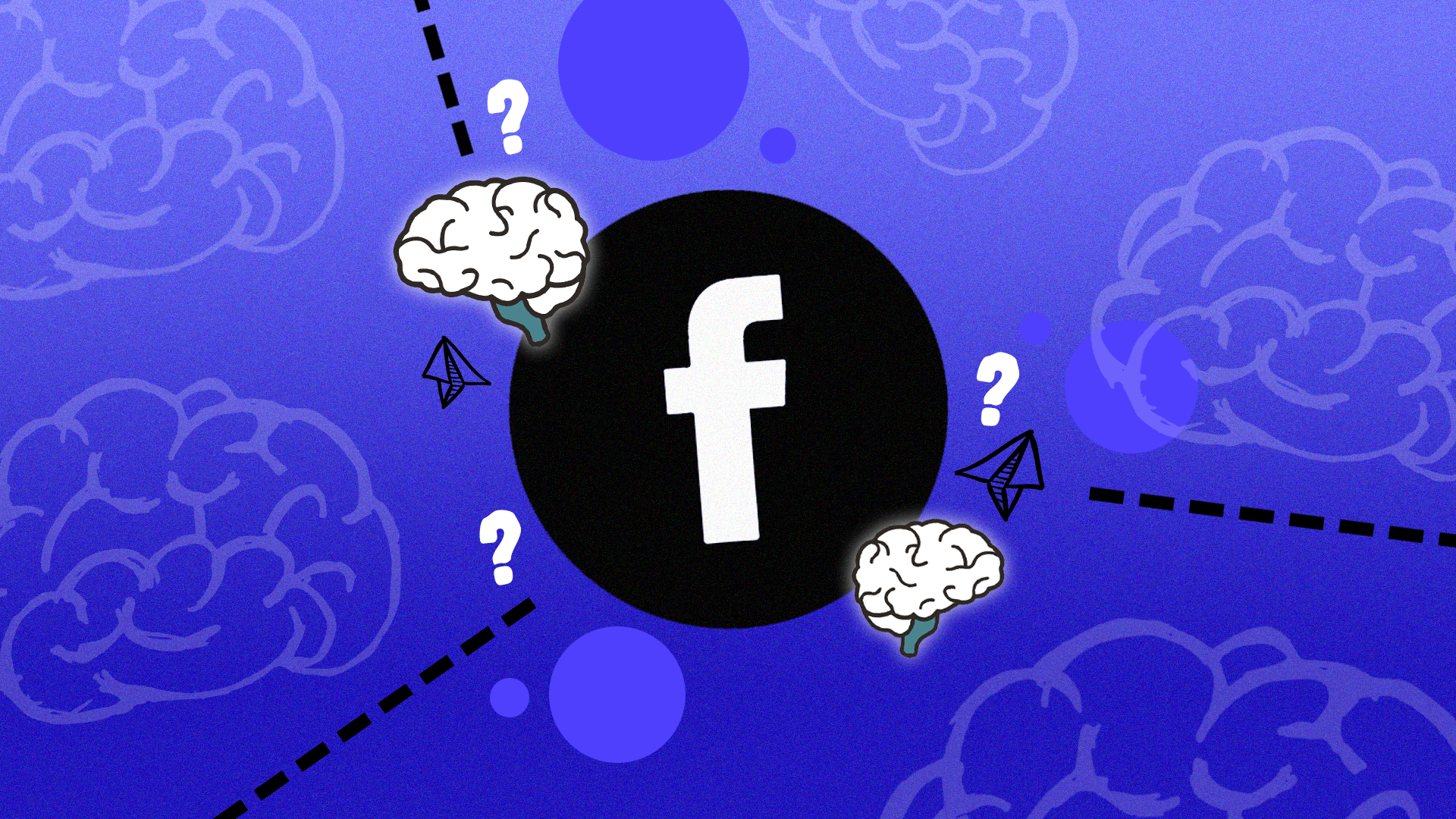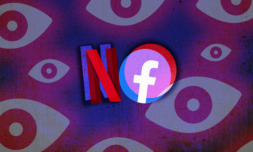Get unfriending and drop those dodgy contacts
One of the biggest reasons that social media can cause depressive moods – especially in adults – is the ability to see what everyone we’ve ever known is doing with their lives.
We have a tendency to compare ourselves to others, a behaviour that magnifies when we can see every positive thing our old school friends post online. It’s not a natural social dynamic and didn’t exist before the invention of social media.
So, if you want to improve the quality of the Facebook news feed, consider removing most of the friends you don’t actually talk to or know anymore. That one girl from a house party eight years ago? She can probably go. Culling friends lists’ will make the content you see more streamlined and relevant to your current lifestyle, which is important to keep things healthy.
Otherwise things can quickly end up looking like a nostalgia gallery of memories from years ago. That’s no fun for anyone. Alternatively, you can ‘unfollow’ a person by visiting their profile and selecting options, or select ‘snooze’ which will temporarily mute their content from your feed for a select time.
Silence unwanted notifications from your phone screen
Reducing the amount of times your phone buzzes with a notification will help to keep your mind at ease, and stop those temptations to visit Facebook constantly all day.
You can turn off notifications for specific things within the app too, so it’ll only create an alert for actual, important things.
To change notification settings, press the bell icon in the top right corner and click the three dots. From here you’ll see an option to dive into the settings for specific features, including tags, comments, reminders, friend requests, and more. Fiddle around and see what works – but we’d probably argue that less notifications are better nearly all of the time.
Be conscious of what you’re using Facebook for
It may sound a bit daft, but consider the reasons you’re visiting Facebook.
When loading up the app, is it to fulfil a tangible purpose, or is it to aimlessly scroll through the news feed? These days it’s mostly a jumbled mash of advertisements, political posts, and dodgy memes – all unnecessary content to be soaking in on the regular.
Be mindful of how long you’re on the app for. Once a message has been sent to a friend or an event set up, leave until there’s a reason to be back online. Sites like Facebook are designed to be addictive time wasters, and avoiding this behaviour will free up your time and probably encourage more focused productivity outside of social media.
The site recently introduced an easier video messaging service – no doubt to compete with Zoom – and we’d recommend jumping into that to keep connected. Avoid the algorithmic content and spend time talking to real friends.
Scrap news outlets from your feed
News is one of the most contentious subjects on Facebook.
It’s so easy to get caught up in echo-chambers, misinformation publications, and everything in-between, that you’re probably better off scrapping them altogether. The less racist or ‘5G causing COVID-19’ content floating through the feed, the easier it’ll be to stay sane during uncertain times such as these.
We’re not telling you to scrap following the news, there are probably just better and more reliable sources than Facebook out there, such as the BBC, The Guardian, or even us. The best way to reduce the news flow in your feed is to check all the pages on the ‘liked’ section of your profile. Untick them to remove them. It’s as easy as that!
Limit your use of Facebook to laptops or desktops only
Perhaps a tad controversial, but limiting your use of Facebook on mobile phones can help to separate real life from social media. Having it everywhere means anybody can get in contact at any time, which can prevent the brain from winding down and taking a break.
Remember, deleting Facebook off mobile won’t get rid of your account, so feel free to remove it everywhere. Consider limiting usage to a certain time of day or for so many minutes too, as this will help to control how much content and information you absorb every day. Less clutter leads to less stress – which is the goal, after all.
Keep in mind too that Messenger and Facebook are two separate applications, so both will need to be deleted if you want to get rid of all Zuckerberg material from your mobile for good. Just hold down on the app and select ‘remove’.
Facebook is finally taking steps to improve the user experience from the developer end, and hopefully soon we won’t have to rely entirely on our own sensibilities to keep our mental health in check when using its services.
In 2020 it set up an ‘Emotional Health Centre’ to help those struggling during the height of the pandemic, and research suggest that Gen Zers are lessening the flow of fake news in general. It’s also been testing AI that automatically detects and removes hateful content, which could prove invaluable over the next few years.
Either way, you’re best off taking these steps for now. We’ve a while to wait until Facebook gets genuinely serious about the mental health of its users. Perhaps during another pandemic? Anything is possible.




















